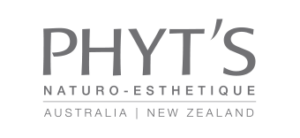4 Ingredients best to avoid
When choosing your body and beauty products, it is essential to understand what is actually in them to help you pick, choose and source products that are the best, most natural option for you and your family.
There is an endless list of chemicals known for the health-hazard they represent when used regularly. We are outlining here four ingredients that are often found in daily skincare and body products and can cause various skin reactions and health concerns. Fortunately, and thanks to modern extraction processes, cosmetics manufacturers can now use an arsenal of plant-based compounds that are performing as well as their harsher counterparts but without the risk. They are also safer for our environment.
Here are the top 4 ingredients to avoid and their healthier alternatives:
Propylene glycol
Action: Used as a humectant ingredient that attracts water in the air to pull it into the skin’s upper layer. It also keeps moisture in the product.
Problem: it can irritate eczema and the eyes.
Alternatives:
– Aloe vera: an excellent moisturising agent because it contains mucopolysaccharides that help bind moisture to the skin.
– Plant-based hyaluronic acid: it can hold 1000 times its weight in water and is excellent to plump up the skin.
– Plant oils that hold and balance moisture: Argan, Wheatgerm, Avocado, Hazelnut, Almond, to name a few.
Sodium Lauryl Sulphate
Action: gives a foaming action to products such as cleansers and shampoos—highly effective cleansing agent.
Problem: eye and respiratory irritant. It is also very drying because it strips the skin’s acid mantle, leaving it exposed to external aggressions.
Alternatives:
– Plant-based ingredients such as coco glucoside – a coconut derivative.
– Decyl Glucoside is another plant-derived substance safe for all skin types.
Parabens
Action: used as broad-range preservatives in cosmetics, health care products, foods and drugs (they are also used as fragrance ingredients!).
Problems: they are known to disrupt hormone function, harm fertility, and have been linked to an increased risk of cancer. Because they can easily penetrate the skin, it is recommended to avoid them.
Alternatives:
– Sodium benzoate: extracted from fruits and roots.
– Benzyl Alcohol, Salicylic Acid, Glycerin and Sorbic acid: they usually come together as a 4-component broad-spectrum preservative (all four are extracted from plants: Pine resin, Rowan berries and Willow bark).
– Rosemary or grapefruit seed extracts
Mineral oil
Action: an emollient designed to moisturise the skin.
Problems: this petroleum-derived oil sits on top of the skin. It can clog pores (causing breakouts) and makes it difficult for moisture to enter the skin.
Alternatives:
– All vegetable-derived oils as they allow moisture to cross the skin barrier. They also have fewer environmental impact.
– Shea butter and cocoa butter
Since 1972, Phyt’s Research & Development Laboratories have focused on the formulation and manufacture of safe and healthy skin care products. All formulas are created with a 100% natural origin and exclude the above doubtful ingredients. All products are certified organic, designed to bring all skin types and conditions back to a healthy and youthful appearance.
pro.phyts.com.au






